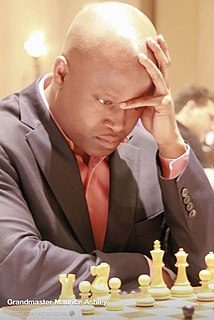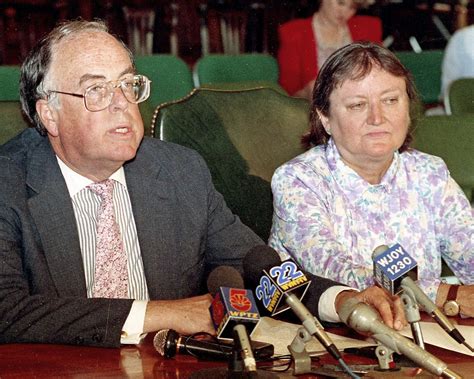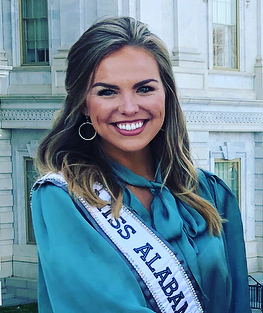A Quote by Valentin Chmerkovskiy
We moved to Brooklyn, N.Y., with no idea how to speak the language. The second day in America, my brother got robbed for his roller blades. That was a very traumatic experience.
Related Quotes
A brief experience with a Radcliffe girl got very bad very quickly. I was so destroyed by it that I left and went to Mexico for a semester, where I have cousins. I learned how to speak Spanish, which was really important for my life. It was wonderful going to Mexico, learning another culture and a language.
I am a writer who is definitely working with a specific language and more than English, that language is American. And I work very much in idiom and am very interested in the play of different kinds of rhetoric, whether it is the more high-flown stuff that reeks of age. I love to juxtapose something like that with something more current or urgent. I am always interested not in America by itself, but America as an idea and how that idea has changed over time, in the eyes of the rest of the world and in the eyes of Americans.
Language makes it possible for a child to incorporate his parents' verbal prohibitions, to make them part of himself....We don't speak of a conscience yet in the child who is just acquiring language, but we can see very clearly how language plays an indispensable role in the formation of conscience. In fact, the moral achievement of man, the whole complex of factors that go into the organization of conscience is very largely based upon language.
Jamie Keehn, our second Australian punter. Again, you have to learn the language. You just can't speak to those guys. You have to know how to speak Australian. ... Australians have a higher voice. When you just speak regular English, it doesn't quite get across. Of course, we've had experience with our Australians, so we're pretty comfortable with adjusting our dialect so that it fits the ability to communicate.
I think that's something that we as black people in this country have been robbed of. I compare it to my brother's wife, who is Hispanic. She was born in America but her parents are from Honduras. She speaks Spanish. She knows the culture. But most black people, we were robbed of that. We don't know our heritage.
My brother played the game with his friends, so I thought I was a pretty smart kid and I played this friend of mine and he just crushed me and this was Brooklyn Tech High School in Brooklyn where I still live, in Brooklyn, New York and this guy beat me so bad it wasn't even funny. I couldn't understand why he beat me.
The idea of legitimacy is something I suppose I deal with in my fiction, and in part it's probably a response to my upbringing. When I was growing up I was the middle child, pathologically shy, in a family with a very loud and opinionated older brother, and I felt as if I never had the right to speak. As a result, I simply didn't speak very much.






































